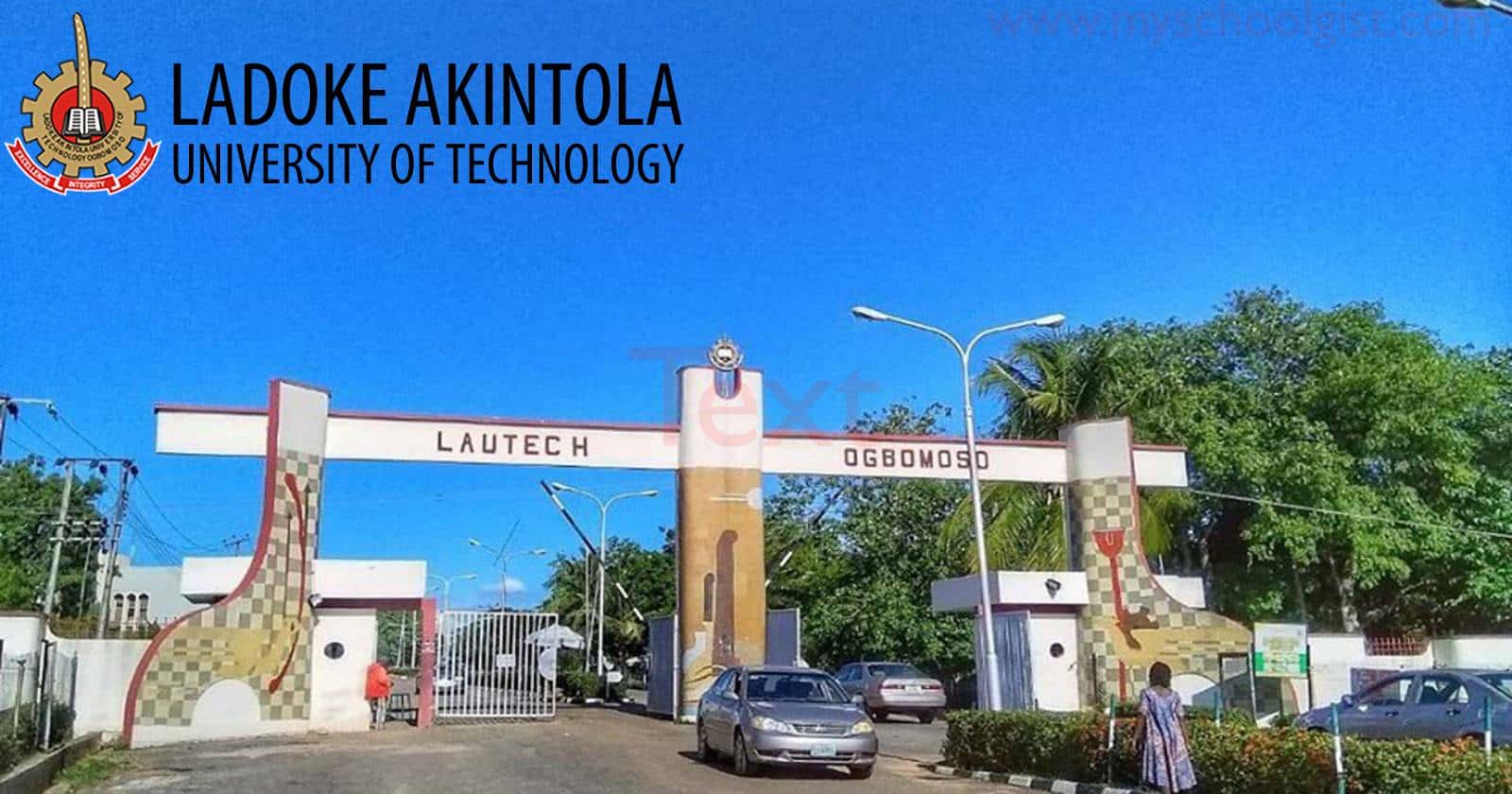Republican lawmakers are considering auditing states’ spending of federal pandemic aid and requiring them to return any funds found to be misspent, per discussions with witnesses in a Tuesday hearing of the House Committee on Oversight and Accountability.
Schools’ spending on diversity, equity and inclusion initiatives, teacher training, and athletic programs are just some investments right-leaning lawmakers and witnesses questioned during the hearing.
“I don’t know what that stuff has to do with COVID. I don’t know what it has to do with reopening schools, either,” said Rep. Nicole Malliotakis, R-N.Y., who raised the issue during the hearing.
Witnesses brought in to testify by Republicans agreed with the lawmakers.
School spending “obviously reveals their priorities,” said Virginia Gentles, director of the Education Freedom Center, about school spending decisions. The Education Freedom Center is a school choice advocacy arm of the nonprofit Independent Women’s Forum. “We’re dealing with a once in a lifetime academic crisis … the funds need to be focused on academic recovery.”
Republicans question union involvement
The idea to audit state spending and scrutiny of district reopening decisions came alongside additional claims from right-leaning lawmakers and witnesses that teachers unions had undue influence on school reopening and funding decisions.
Specifically, they said, unions leveraged their return to the classroom for the American Rescue Plan, which passed in March 2021 and invested $122.8 billion for K-12.
“The teachers unions had made a decision that they needed to control the instructional hours that were offered and whether or not schools were open and teachers were going to teach in the classroom,” said Gentles. “They were waiting until that final $122 billion ARP funding came through, and then schools could open up, and the unionized teachers could return to classrooms fully that fall.”
When teachers unions agreed to return to the classroom for in-person instruction, “it wasn’t really until the science changed, it was until they got money passed,” said Rep. Michael Cloud, R-Texas.
“We see this a lot here in the federal government … We create a problem and then we march in to be the white knight in shining armor to allegedly fix the problem we created,” he said. “And here, we had the government locking down the schools but then trying to ride in.”
The National Education Association and American Federation of Teachers, two of the largest teachers unions in the nation, refused to comment on the issue.
However, both unions and additional national education organizations advocated for and eventually applauded the American Rescue Plan’s passage, which included funding for academic recovery as well as general school needs during the pandemic like purchasing sanitization and cleaning products and improving indoor air quality and facilities.
Upon its passage, the NEA said it would provide “desperately needed relief in response to the COVID-19 pandemic and economic crisis” and “provides the resources to help every school building put in place the effective measures needed to keep students and educators safe.”
Democrats say investments were necessary
Democrats on the committee disagreed, saying the investments were critical and allowed for schools to safely reopen by funding personal protective equipment, vaccination clinics and academic recovery efforts.
“It’s so easy after the fact to assign blame and talk about what should’ve, could’ve or did not happen, but we run the risk of failing our jobs, and we run the risk also of tainting history,” said Rep. Kweisi Mfume, D-Md.
Donna Mazyck, executive director for the National Association of School Nurses, who was invited to speak by the Democrats, said the investments helped students maintain COVID-19 health and safety precautions as they returned to school.
“I believe that one of the lessons we learned is that keeping children in school is important … in order to do that, we need to bolster the support that they need for learning,” said Mazyck.
Rep. Jill Tokuda, D-Hawaii, said federal investments — that Republicans have considered making states return if found to be misspent — made a significant impact on the reopening and recovery efforts of schools in her state. A report released last week by the National Center for Improvement of Educational Assessments found that Hawaii’s academic recovery following the pandemic was “exceptional” compared to other states.
That’s “thanks to smart and targeted ESSER funds,” Tokuda said.






Leave a Reply